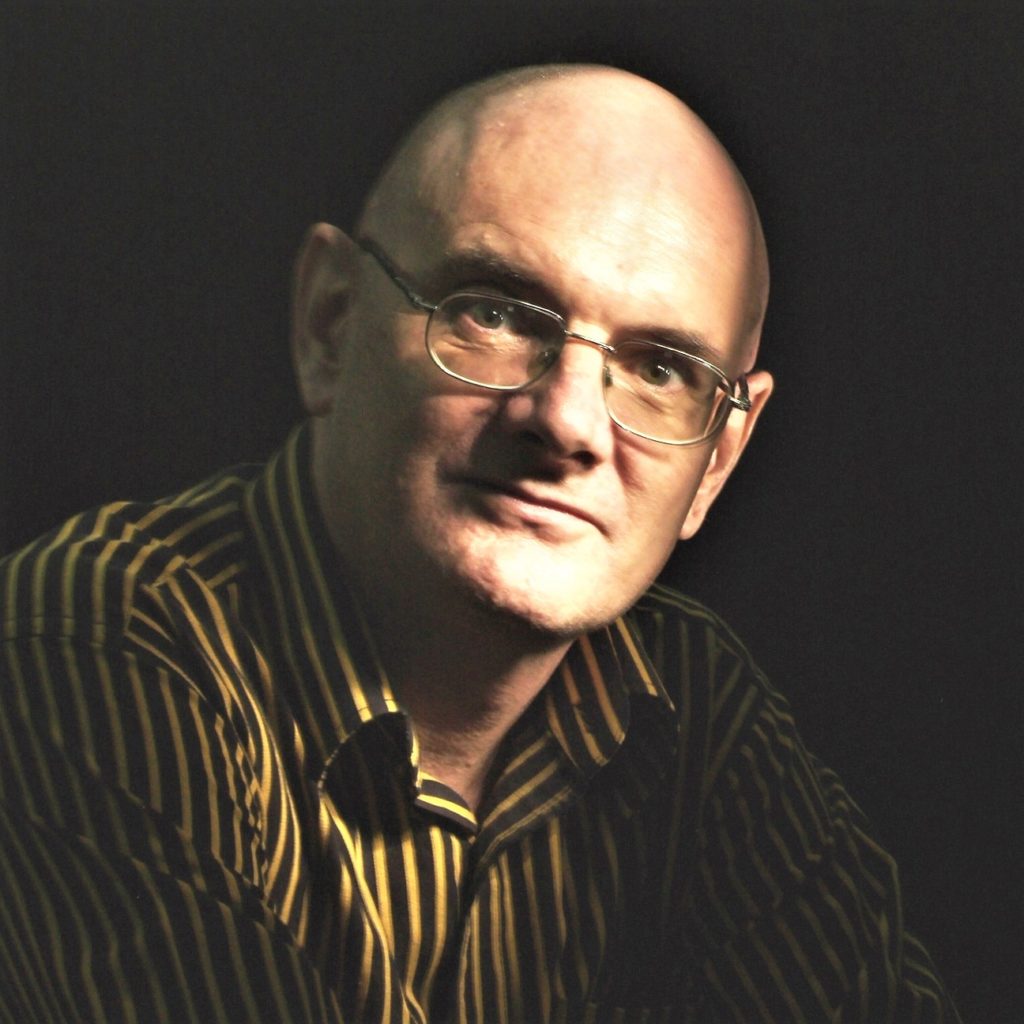Wellington Abrahamic Council (WAC) went ahead and held its third annual Peacenic on what was forecast to have been a wet Sunday afternoon in February. Miraculously, after heavy rain all night continuing late into the morning, it remained dry for the duration of the three-hour event.
Someone commented dryly (no pun intended), “What’s the worst that can happen? We get wet!” And a Jewish member of the council said, “Funny thing is, we have prayers in Judaism for dew and rain, but I’m not aware of any for dryness.”
Like all WAC events in current times, this one was entry by vaccine pass. All three religions are clear on our obligations to protect ourselves and others from harm, including infection.
The small gathering of Christians, Jews and Muslims met in the newly selected, family-friendly location of Trentham Memorial Park in Upper Hutt, half an hour’s drive from downtown Wellington.
The food people brought to share was mainly vegetarian and it was good to see the sensitivity shown towards others’ religious requirements in this respect.
One attendee who was welcomed was Massey University chaplain Jill Shaw, who had driven from Auckland for other reasons and took the opportunity to meet the diverse faith group.
New connections were forged and beneficial projects were discussed.
Peacenic began in Auckland in 2016 under the auspices of the Council of Christians and Muslims (CCM). It grew out of a desire to replace the polarising bad-news stories that dominate the media with real experiences of hospitality and friendship in our own backyard. The simplest gift of sharing time and food is rewarding in itself but goes beyond that to offer a glimpse of the world as it could be.
In our increasingly multi-religious, multi-ethnic community, the desire was to help build bridges across the divisions that have historically separated Muslims, Jews and Christians.
The weather and the pandemic combined to put many people off attending this year’s event, so WAC are looking forward to next year’s Peacenic (Sunday 12 February 2023) and clearly hoping for better weather, a pandemic in retreat, and greater numbers attending.
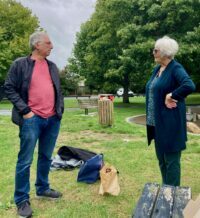
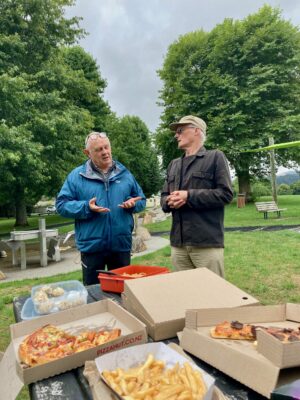
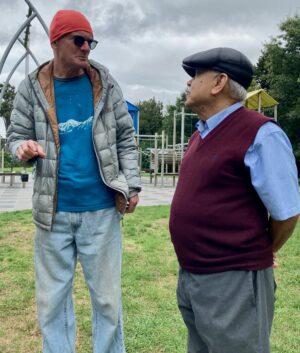
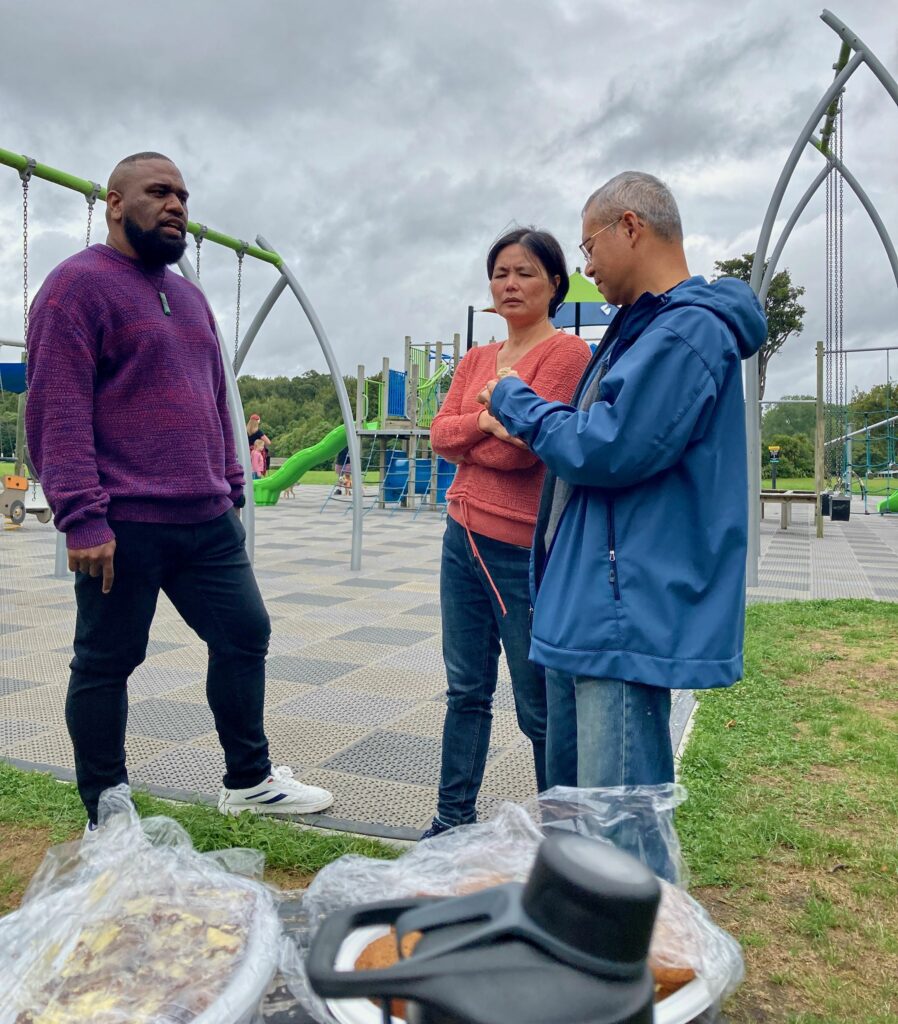
David Blocksidge
